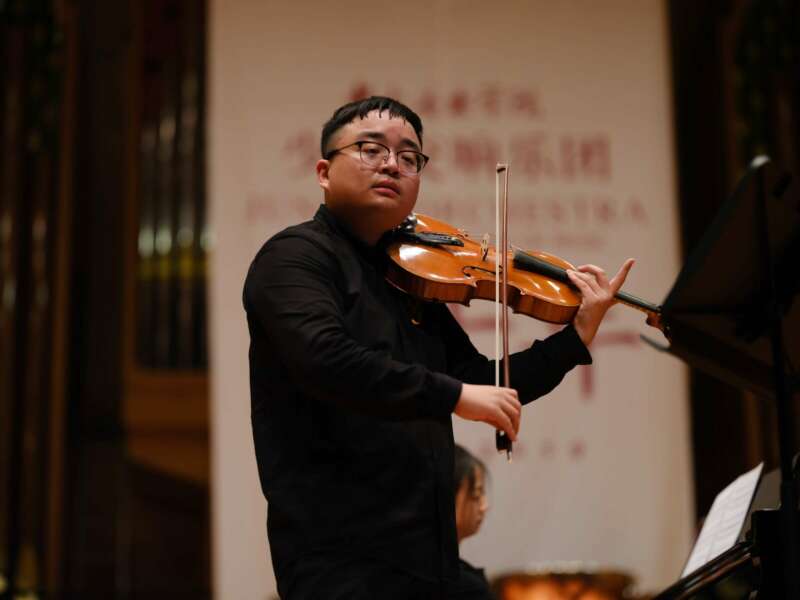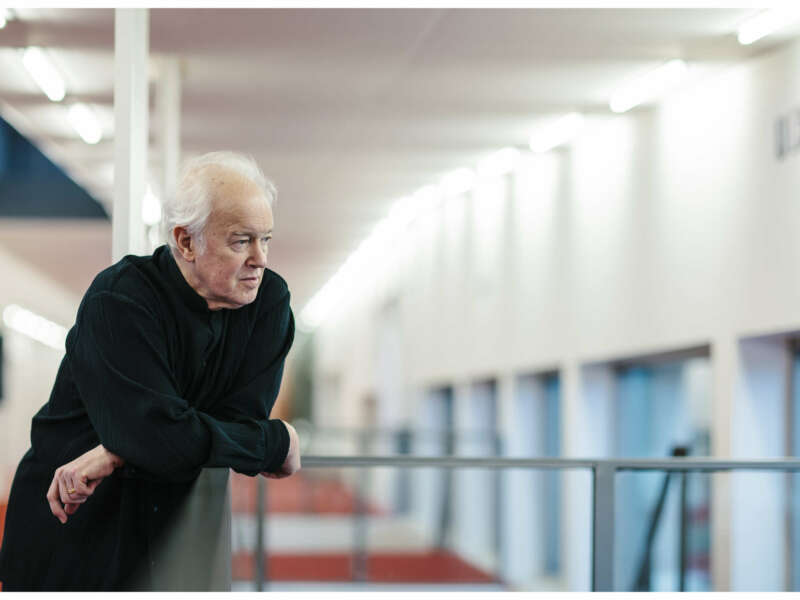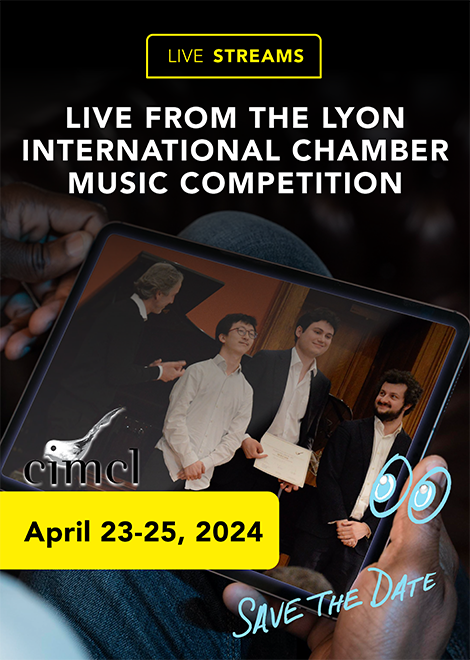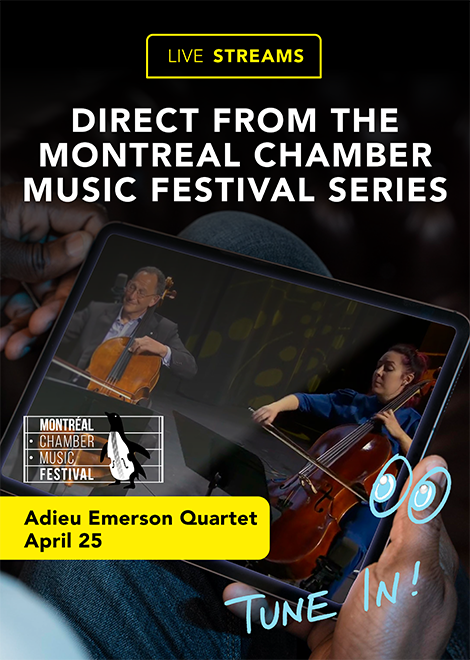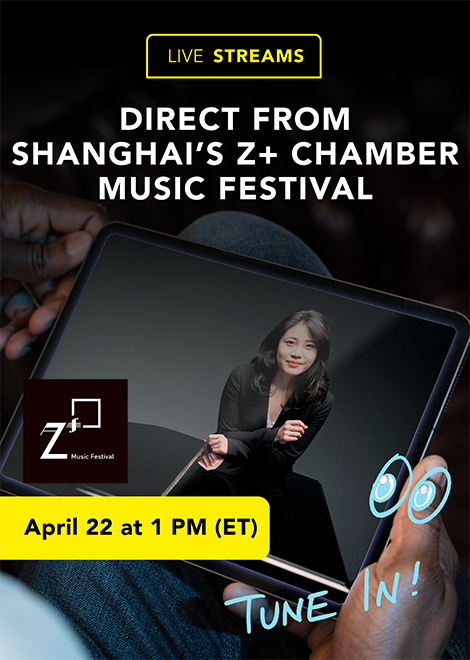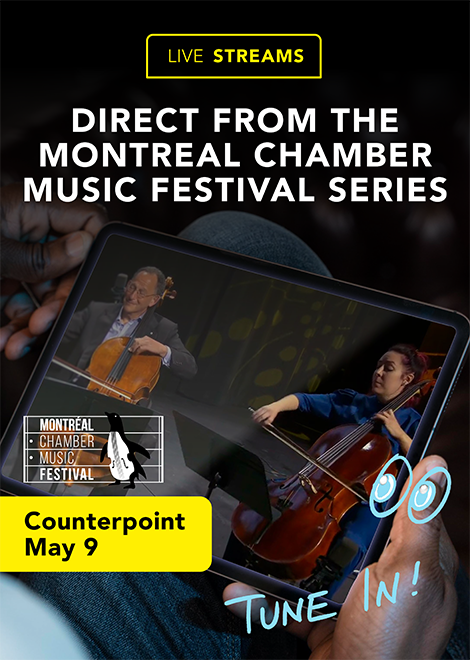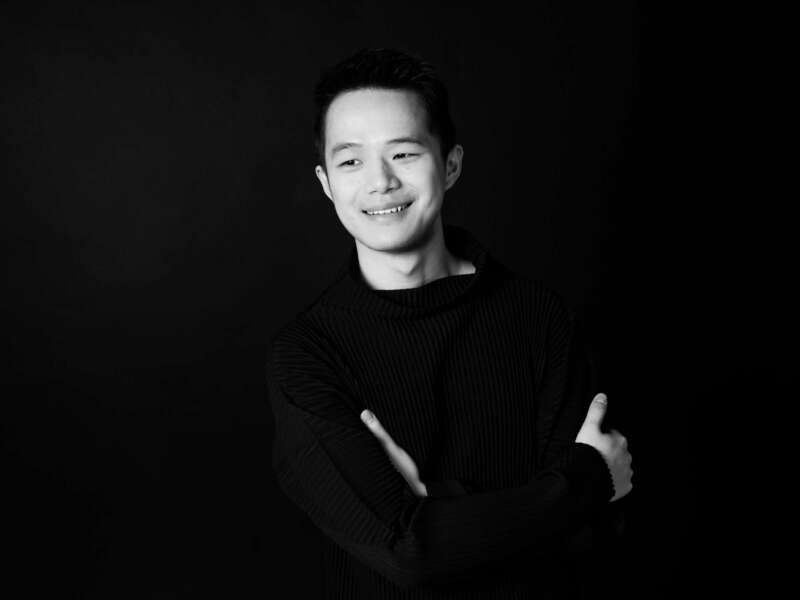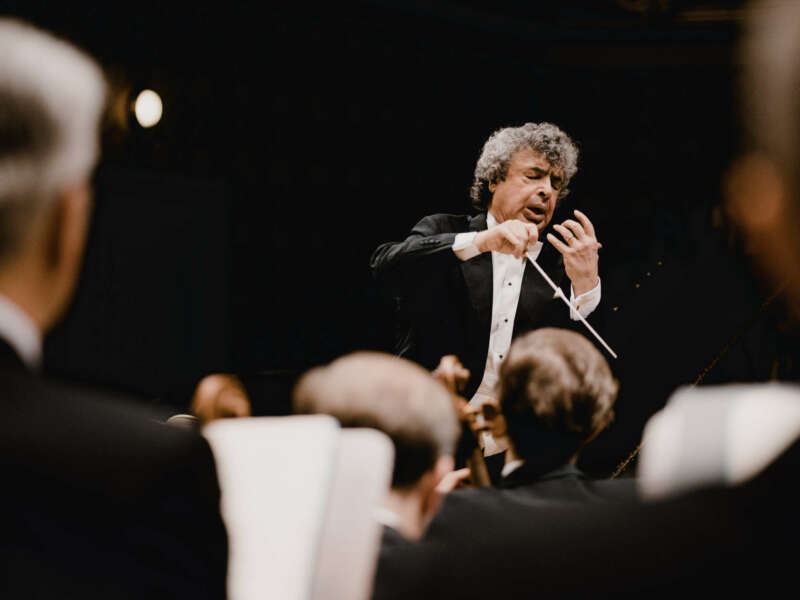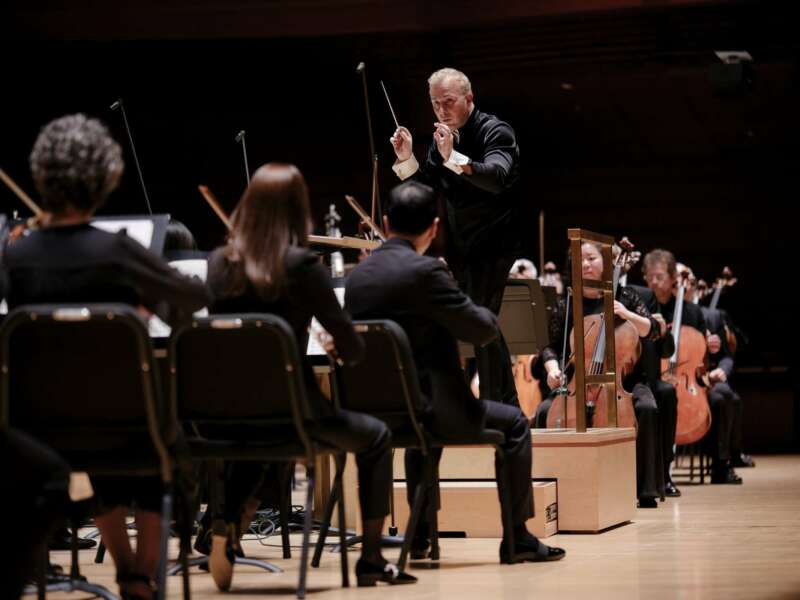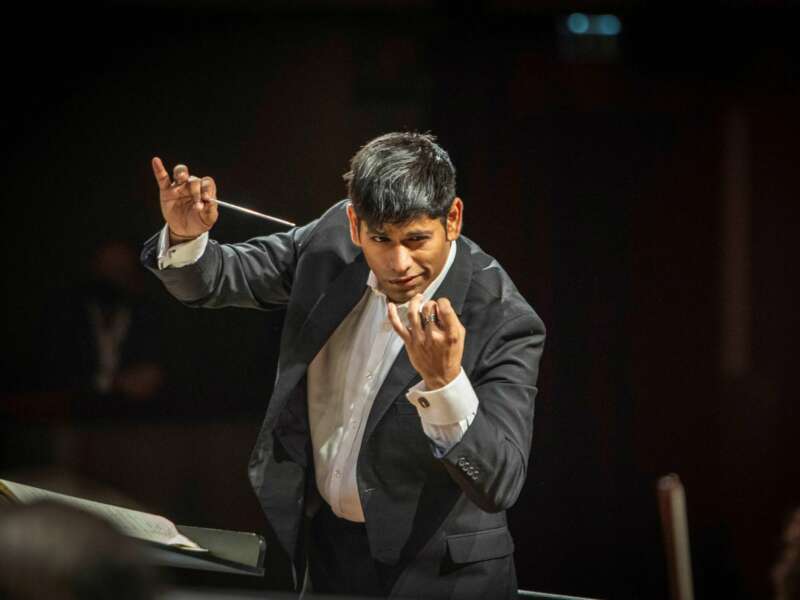VC INTERVIEW | Dr Noa Kageyama - "The Role Of Psychology In a Musicians' Life" [INSIDER]
VC recently caught up with performance psychologist Noa Kageyama - to get a better understanding of the role of psychology in a musicians' life
The Violin Channel recently caught up with violinist, performance psychologist and host of the bulletproofmusician.com blog, Dr Noa Kageyama.
We sat him down to get a better understanding of the role of psychology in a musicians' life - on stage, and now during these challenging times.
How did you decide to become a performance psychologist?
"Well, it was a few things that all converged at around the same time. I first came across performance psychology when I was doing my masters at Juilliard.
I had never heard of this field, so when I saw they were offering a class taught by a sport psychologist (Don Greene), I was intrigued.
The class was pretty eye-opening, as it answered all sorts of questions I had always had about why my performances were so hit or miss.
Like why sometimes I’d be super nervous and play really poorly even though I was really well prepared, and why there were also times when I’d not be especially nervous even though I wasn’t very well prepared - and end up playing really well.
It changed my experience of performing, and even had a pretty significant effect on how I practiced and prepared for performances, so after the semester was over, I was curious to learn more.
Meanwhile, I was struggling to figure out what to do after graduation.
I mean, I had never really thought in a conscious way about what I wanted to do when I “grew up,” and just kept playing the violin because it’s what I had always done.
But as I had more conversations with friends about their plans after graduation, I began to realize that I wasn’t nearly as interested as I ought to be in all the sorts of things that they were excited to pursue.
I didn’t want to play in an orchestra, I didn’t want to be in a quartet or chamber music group, I wasn’t interested in teaching, and even if I were to win some big competition and have the opportunity to make a living by performing, that wasn’t something I was especially excited about either.
The option that felt most intriguing to me at the time, was actually the idea of putting down the violin, and seeing where a degree in psychology might take me.
I had no idea where that might lead, but I felt more excitement about that than anything else I could think of, so off I went!
And fortunately, it all ended up working out!"
Can you tell us about your work and how you're able to assist musicians?
"A typical week for me is split between classroom teaching, working with clients one-on-one, and writing/blogging/podcasting.
All of which tends to revolve around helping musicians with two basic challenges that were, at least for me, a recurring source of frustration. Specifically, that of performing more effectively under pressure, and practicing more effectively on a daily basis, so more of what you do “sticks” from one day to the next, and transfers more effectively to your performance.
As I learned myself in that first performance psychology class I took years ago, there’s a lot of research out there on building confidence, learning how to manage nerves and pressure, getting into “the zone” more consistently, quieting the critic in your head and focusing past distractions, dealing more effectively with mistakes and setbacks, and all the sorts of mental skills that athletes rely on to be at their best when it really counts.
I think all musicians know that confidence, focus, resilience, etc. are important, but it’s not intuitively obvious how we’re supposed to develop these sorts of skills, let alone how we’re supposed to make time for this in our daily practice.
So I try to find ways to translate the research in this area into practice strategies or exercises that don’t take a ton of time on a day-to-day basis, but lead to skills that are more “pressure-proof” in stressful performances or auditions."
What are the main questions that musicians ask you again and again?
How to get rid of nerves, is probably the number one thing that people ask about.
"The answer is interesting and complex and multi-faceted, but the short, somewhat oversimplified version is that there are actually two aspects of the stress response, and they have different effects on performance.
The physical aspect of nerves (heart racing, sweaty hands, shaking, etc.) is certainly unpleasant, and can be controlled to some degree through strategies like diaphragmatic breathing, but believe it or not, the physical discomfort doesn’t actually have as much of an effect on performance as it feels like it does (as long as we can avoid excess physical tension).
The psychological aspect of nerves on the other hand (doubts, worrying about the audience or memory slips, obsessing about our physical symptoms, etc.), is quite predictive of performance.
Which is why most of your best performances probably happened when you felt like you were in “the zone,” and instead of overthinking technique or analyzing or judging your performance in the moment, your inner critic was pretty quiet.
One of the keys to “beating” nerves thus has to do with learning to focus and make sure you’re thinking about the most useful, performance-enhancing thoughts as you’re playing, while embracing your heightened physical state of activation not as anxiety, but as excitement.
There’s some interesting research by Harvard Business School professor Alison Wood Brooks, which suggests that even simply saying “I’m excited” to yourself before giving a performance (or taking a stressful test) leads to better performance than saying “I’m anxious” or trying to calm yourself down."
Why do you think having a good understanding of performance psychology is important for music students?
"I think when we’re really young kids, performances of any kind feel like a privilege and a joy.
Whether it’s doing cartwheels for our parents in the backyard, or wanting our grandparents to see us do some sort of magic trick we just learned, many kids seem to naturally love being in the spotlight.
Over time, of course, we tend to start becoming more self-conscious, experience the weight of expectations, and I think performing feels less like a fun thing to do and more like a necessary aspect of navigating a successful career in music.
Yet I think we’ve all had at least a few really great experiences on stage too - so we know that performing can also be an incredibly positive and meaningful experience as well.
On good days, being on stage and fully engaged with the music and your musicmaking colleagues can be a moving, inspiring, and thrilling experience. Which often elevates the listener’s experience too.
I think we all want more of these kinds of days, and fewer of the I-just-want-to-avoid-any-major-train-wrecks-and-get-off-stage-as-quickly-as-possible days.
And performance psych is all about developing the skills that facilitate these kinds of optimal performance experiences.
Which I think can make it easier for musicians to not only perform their best on stage, but (hopefully) enjoy themselves a bit more too."
What is your best advice for staying focused and relaxed?
"This is probably not going to be the answer that most people want to hear (sorry!), but one of the keys to being more mentally focused, more physically relaxed, and in a better place emotionally under pressure, is to do more of the one thing that I think we all try to avoid - practicing under pressure!
There’s a 2009 study, for instance, of two comparable Dutch national-level basketball teams, where half of the players practiced free throws the normal way, and the other half practiced free throws under pressure (videotaped for review and evaluation by experts, while watched by their coach and teammates, and competing for a prize).
Before this “pressure training,” both groups shot better in practice and worse under pressure.
And after five weeks, the players who engaged in regular practice continued to shoot worse under pressure.
However, the players who practiced under pressure, no longer saw their shooting performance drop under pressure. In fact, they ended up shooting the ball better under pressure conditions than they did in normal practice settings.
Whether it’s playing for friends, colleagues, teachers, family members, neighbors, your cat, or even a recording device, doing run-throughs, practice performances, and mock auditions gives you more opportunities to not only practice retrieving the motor skills you need on the very first try, but it also gives you a chance to practice all the mental skills - like focus, quieting the mind, being present, recovering from mistakes, etc., that you’ll need on stage as well."
What would be your advice for musicians during these challenging times?
"I wish I had a general, one-size-fits-all sort of answer that would work for everyone.
But I think it really depends on a lot of different factors, like whether you’re just about to go into college, finishing up grad school, freelancing, already well into your career, whether your career is primarily oriented towards performing or teaching or both, etc.
The one thing that I would say though, is that while for some this could be a great time to double down on developing one's skills and investing time and energy into practicing even more or better, it may not be the right answer for everyone - and that’s ok.
I worry that going on Facebook and seeing what some folks are doing could lead to increased stress and pressure or even some degree of guilt for not doing as much as you feel you could or “should” be.
Which could ultimately lead to overtraining or burnout or even an increased risk of injury.
There’s a sport psychology book from the 90’s that is popular in some musician circles called 'The New Toughness Training for Sport', by Jim Loehr.
Despite the title, and chapter titles like 'Are You Tough Enough?' and 'Challenging Your Weaknesse's, the book is fundamentally about recovery, and learning how to balance training with sleep food, rest, time off, and rejuvenating activities that are totally non-sport-related.
Loehr explains how pushing yourself at the expense of self-care will ultimately hold you back from reaching your potential, because insufficient recovery and balance will undermine your training and performance.
In other words, toughness isn’t just about sucking it up and willing your way through adversity, but also about taking care of yourself. Which seems like a helpful thing to remember during these times."
april 2024
may 2024




